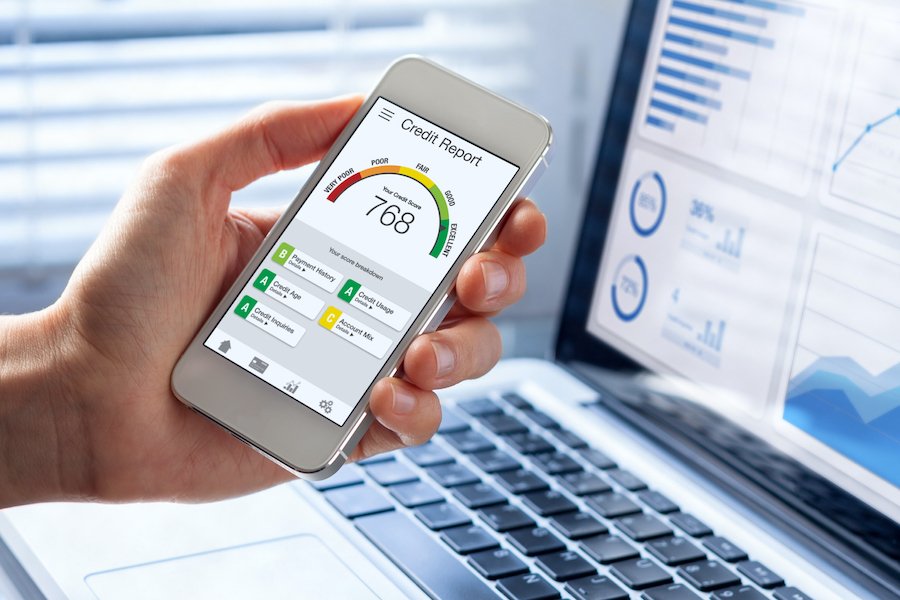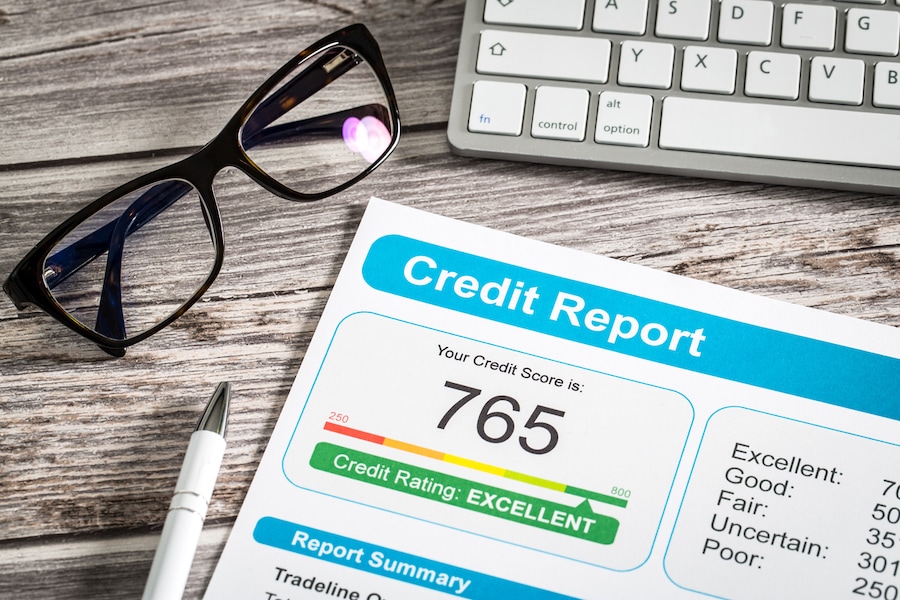
Mortgage rates continue to push upwards and housing prices are still at record highs, but the market appears to be slowing down. Realtors say offers are coming in with greater caution and less competition as the season progresses, and jumbo loans are on the rise in high-cost areas. Nevertheless, high purchase prices create a challenge for most homebuyers who are ready to buy a bigger home or refinance a mortgage.
Jumbo loans offer qualified borrowers a mortgage solution to the high-cost dilemma.
Whether your want to refinance or buy a bigger home, getting pre-approved can help you lock in a mortgage rate before they jump again.
Jumbo Loan Limits for 2022
In early 2022, jumbo loan limits increased to $647,200 in most of the U.S. and up to $970,800 in high-cost areas. Why does this matter? Jumbo loan limits put mortgages in two distinct brackets: conforming and non-conforming home loans. Historically, conforming loans offer homebuyers the lowest mortgage rates.
Click here to visit the FHFA site and see the loan limits for every U.S. county.
Right now, jumbo rates are dropping and are even lower than conforming rates in some cases.
Jumbo loans offer freedom and opportunity for homebuyers, especially in areas where the cost of homes is substantially higher. Jumbo loans have stricter criteria to qualify, but a jumbo loan can give you extreme flexibility. And since jumbo loans are conventional home loans, qualified borrowers can use a jumbo loan to purchase single-family homes, multi-unit properties, vacation homes, and investment properties.
How to Qualify for a Jumbo Loan in 2022
Borrower criteria are more strict for jumbo loans. Since jumbo loans are not government-backed, mortgage lenders assume more risk and have stricter approval requirements. A high credit score and low DTI will give you the best mortgage rate and better loan terms.
Qualified borrowers will typically meet the following requirements:
- High credit score or 680+
- High cash reserves
- Large down payment (20% or higher)
- Low debt-to-income ratio (36% or lower)
- Verifiable income and employment
Tips to Maximize Verified Income
Most of us can’t flip a switch to increase our income. However, you’ll qualify for a better jumbo loan when you can find ways to verify higher income. Employment is only one aspect of qualified income.
Consider the following revenue streams and be sure to include them if they apply to you:
- investment gains, interest, and dividends
- restricted stock units (RSU)
- employee stock purchase plans (ESPP shares)
- rental property income
- business income
- spousal support and/or child support
How to Lock Your Rate: Fast Track Your Mortgage Pre-approval
When you decide to get pre-approved for a jumbo loan, the mortgage lender does the extra work to verify your income, credit history, and required documentation to get your loan approved fast. If you’re refinancing, getting pre-approved for a jumbo loan can lock in your rate so you don’t hit any surprises during the application process.
If you’re purchasing a new home, getting pre-approved for a jumbo mortgage will lock your rate and give you a pre-approval letter to present with every offer. As a buyer, you’ll be confident knowing that your loan is approved up to the maximum amount designated. What’s more, realtors and sellers will know that you’re a serious buyer who can close fast.
Step 1: Connect with a local mortgage advisor.
First, talk to a mortgage advisor as soon as you think you might be ready for a jumbo loan. A mortgage advisor can start the mortgage pre-approval process and lock in your rate right away.
A local mortgage advisor will understand the unique challenges of the housing market in your specific area and can get move your documentation quickly to underwriting. A mortgage advisor is your greatest asset in the loan process, so be sure to work with someone who understands your goals.
Find a qualified mortgage expert in your local area
Step 2: Download your free credit report.
You can download a free credit report once every 12 months. Know your credit score and check the report to see if any errors need attention. Your credit score will directly impact the terms of your loan and your mortgage rate. By getting a free copy of your credit report early, you can resolve any errors ahead of time.
Click here to download your free credit report
Step 3: Gather required documentation.
An experienced mortgage advisor will provide a checklist to follow, lock in your rate, and get your jumbo loan pre-approved fast.
Start gathering the paperwork you may need to fast-track your jumbo loan pre-approval.
- Identification such as a passport or driver’s license
- Employment verification
- Proof of income (e.g., pay stubs, W-2 statements, bonuses, alimony)
- RSU, ESPP shares, or other stock options
- Tax returns for the past two years
- Recent bank statements
- Investment account statements
Ask your mortgage advisor for a quick list to help keep things on track.
Next Steps
Get pre-approved and lock in your mortgage rate now if you’re thinking about a jumbo loan. Getting pre-approved is the best next step, especially in today’s housing market.
An experienced mortgage advisor can help you get approved, lock in the lowest mortgage rate, and secure the right home loan. Connect with a mortgage advisor to discuss your options and save money on your mortgage. We’d love to help.






